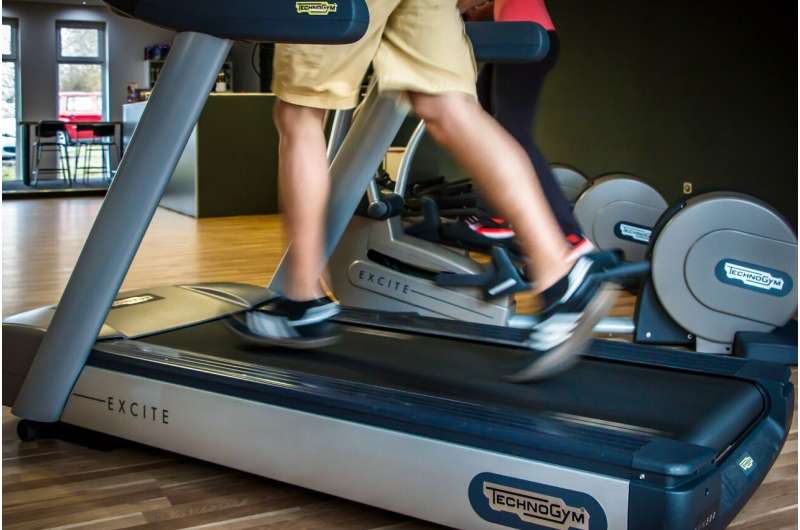Exercise, cognition study in progressive multiple sclerosis patients highlights need for randomized controlled trials

An international team of multiple sclerosis (MS) experts reported lack of association between cognition and physical activity and cardiorespiratory fitness in a large sample of individuals with progressive MS. These findings have important implications for studies involving exercise interventions aimed at treating the cognitive effects of MS. The article, titled "Cardiorespiratory fitness and free-living physical activity are not associated with cognition in persons with progressive multiple sclerosis: Baseline analyses from the CogEx study," was published in Multiple Sclerosis Journal on October 1, 2021.
The effects of exercise interventions on cognition are a focus of rehabilitation research in conditions associated with deficits and decline in cognition. Cognitive benefits of aerobic exercise have been reported in relapsing-remitting (non-progressive) MS and in age-related cognitive decline. One small pilot study conducted in progressive MS found an association between aerobic ergometer exercise and cardiovascular fitness, alertness, and verbal memory.
To examine these associations, the authors analyzed baseline data from the CogEx study, a multi-national, multi-arm, randomized, blinded, sham-controlled trial looking at the effects of cognitive rehabilitation and aerobic exercise training on cognition and neuroimaging findings in 240 individuals with progressive MS. They measured cardiorespiratory fitness, free-living moderate-to-vigorous physical activity, and cognitive performance.
"Neither cardiorespiratory fitness nor free living physical activity correlated with cognitive performance in this study sample," said lead author Brian Sandroff, Ph.D., senior research scientist in the Center for Neuropsychology and Neuroscience Research at Kessler Foundation. "This suggests that other mechanisms of action may mediate the potential effects of aerobic training on cognition in this population. The neuroimaging data collected in this trial may help clarify these underlying mechanisms."
The findings have important implications for randomized controlled trials in progressive MS. "It's clear that we need to carefully assess the outcome measures for studies of exercise and cognition in this population," added co-author John DeLuca, Ph.D., Senior Vice President for Research and Training at Kessler Foundation. "Improving cognition and brain health is essential to maintaining quality of life for people with progressive MS. To achieve that, we need to expand our investigation of how exercise affects brain function."
More information: Brian M Sandroff et al, Cardiorespiratory fitness and free-living physical activity are not associated with cognition in persons with progressive multiple sclerosis: Baseline analyses from the CogEx study, Multiple Sclerosis Journal (2021). DOI: 10.1177/13524585211048397



















